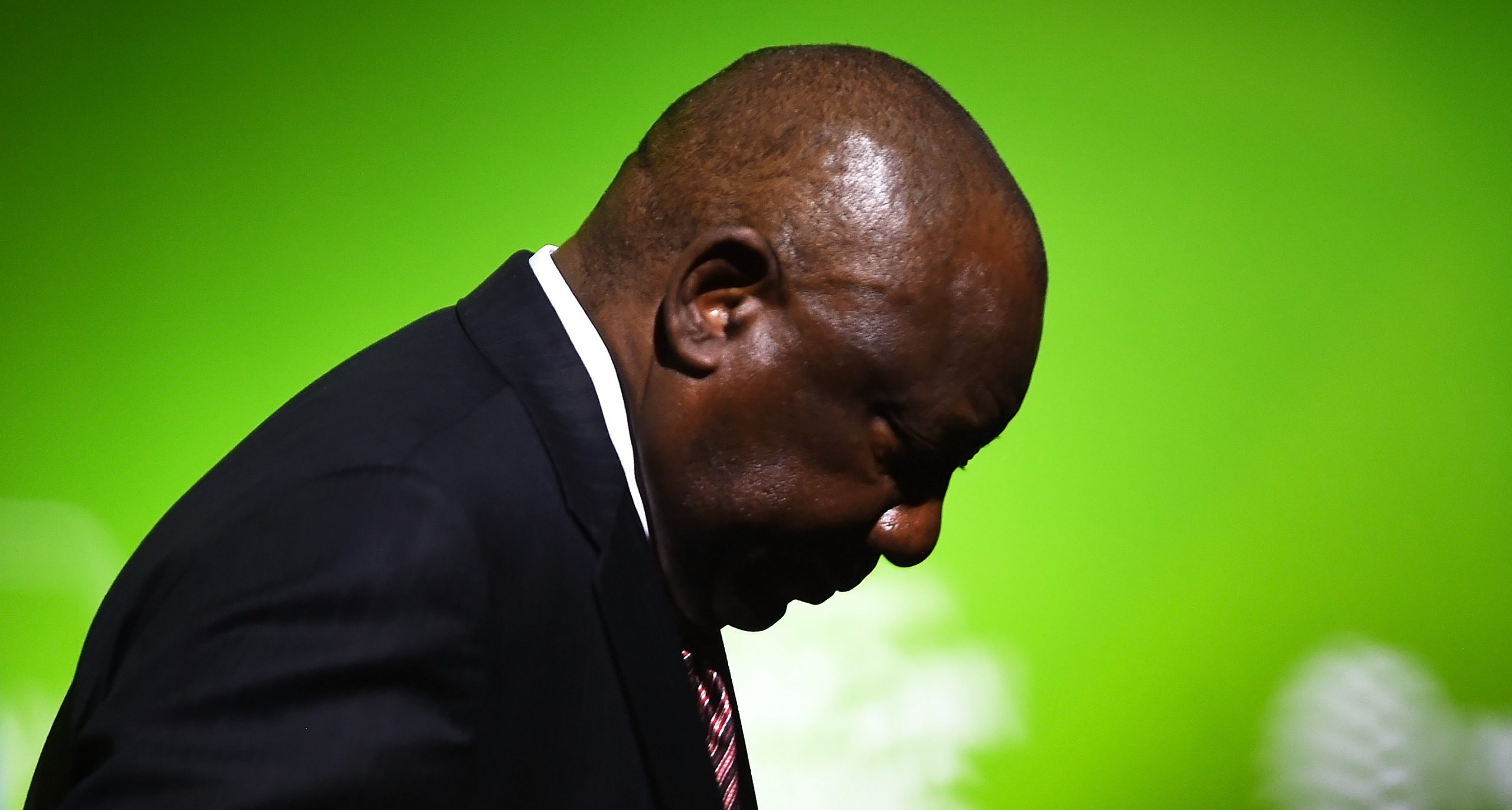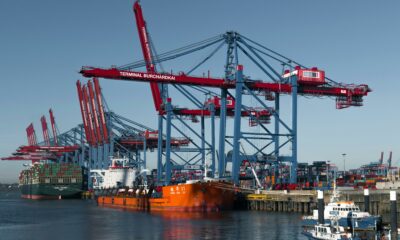Business
South Africa’s Inflation Target: Why It’s Holding Back Our Economy

We all feel it when prices go up — groceries, fuel, electricity, school fees. But did you know that the way South Africa manages inflation is actually making these price rises worse in the long run? It’s a problem that’s quietly holding back the economy and making it harder for our businesses to compete globally.
The Price We Pay for a Wide Inflation Target
Currently, South Africa aims to keep inflation between 3% and 6%. That sounds reasonable, right? But here’s the catch: many of our trading partners, like the US and European Union, target inflation around 2%. So, our prices are rising faster than theirs. When that happens, our goods get more expensive abroad, which hurts our exporters.
To compensate, the rand weakens — a double-edged sword. Sure, it makes exports cheaper for other countries, but it also makes imports more costly, driving local inflation up even more. It’s a vicious cycle that leaves everyday South Africans paying more, while the economy struggles to grow.
The Experts Speak: Time to Tighten the Target
A recent white paper by researchers at the South African Reserve Bank – Christopher Loewald, Rudi Steinbach, and Jeffrey Rakgalakane – suggests lowering the inflation target to 3%. This shift would signal a commitment to tighter control over price rises and could bring about several benefits:
-
Stronger rand in the short term, which means cheaper imports and relief for consumers.
-
Lower interest rates over time, encouraging investment and making it easier for businesses and the government to borrow.
-
Improved competitiveness for South African exporters on the global stage.
-
Potential GDP growth boost by 0.25% annually within five years and 0.4% within a decade.
What This Means for South Africans
Lower inflation doesn’t just help big businesses or investors. It directly impacts ordinary households, especially those struggling to make ends meet. When inflation is high, the cost of living rises quickly, squeezing household budgets and pushing more families into hardship.
If inflation is managed better, wages don’t get eaten up by rising prices as fast. That means people can afford basics like food, transport, and school fees for longer — an essential factor for social and political stability.
Why Hasn’t This Happened Already?
Lowering the target isn’t just about changing numbers on paper. It requires stronger economic reforms to build confidence among investors and lenders. South Africa faces challenges like high public debt and slow economic growth, which make lenders wary. Until those underlying issues are addressed, the country will continue to pay higher “risk premiums” — essentially, higher interest rates — to borrow money.
Increasing domestic savings is key to this “de-risking,” but that’s difficult when the government runs large deficits and inflation keeps eating into incomes. Inflation, when persistent and anticipated, actually discourages long-term investment.
What People Are Saying
On social media, the conversation is buzzing. Some users highlight how lower inflation targets could ease the pinch on fuel and food prices. Others worry about the Reserve Bank’s capacity to balance inflation control with economic growth, given current challenges like unemployment and energy instability.
Economists weigh in too, agreeing that while lowering the inflation target is a step forward, it must go hand in hand with urgent structural reforms — improving education, infrastructure, and governance — to truly unlock South Africa’s growth potential.
A Path to Stability and Growth
The road ahead demands boldness. South Africa must tighten its inflation target and back it up with real reforms. This isn’t just about economics; it’s about making life more affordable, creating jobs, and restoring faith in the country’s future.
If we want to stop shooting ourselves in the foot economically, this is where the conversation starts.
{Source: Daily Investor}
Follow Joburg ETC on Facebook, Twitter , TikTok and Instagram
For more News in Johannesburg, visit joburgetc.com



























